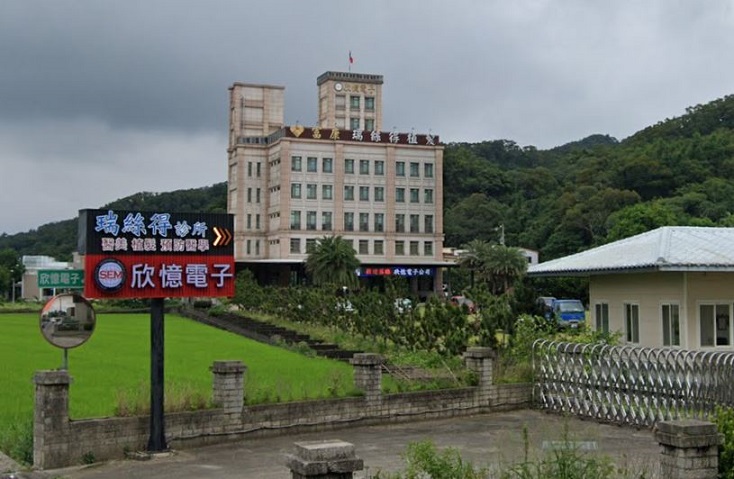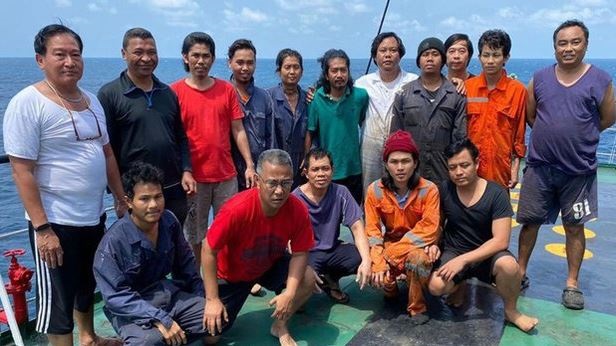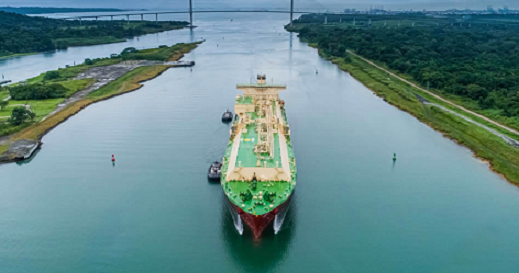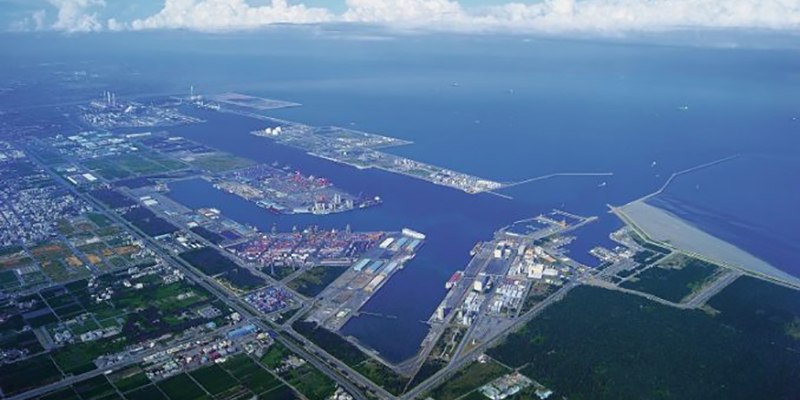North Koreans brokering deals and earning commission seems to be a current trend that Pyongyang Papers is investigating on a regular basis. This option of earning currency to send back to the regime is attractive as it allows North Koreans to earn money without ultimately having to be directly involved in the movement of good and services which may come under scrutiny. Brokering deals is also very attractive as it allows the North Koreans to stay under the radar of law enforcement whilst ensuring the deals appear completely legitimate. In many cases the vendors involved in the deals may not be aware that North Koreans are facilitating the deal!
Chong Sang-Hun
As mentioned previously, Chong Sang-Hun is an official at the DPRK embassy in Thailand who often brokers deals to earn huge amounts of commission with minimal risks. His previous deals involve gold, coking coal and copper cathodes. Pyongyang Papers sources have informed us that Chong is currently working on a commission based deal worth millions of dollars on behalf of Taiwan based company Semiconductor Equipment Manufacturing Inc. (欣憶電子股份有限公司) – SEM.

SEM, also known as Xinyi Electronic Co., Ltd. at times are “One of the renowned suppliers and exporters of semiconductor machinery in Taiwan” according to their website and are based in Zhongli District in Taoyuan City. Their primary business is buying, selling, leasing and refurbishing semiconductor related equipment. Pyongyang Papers wonders how much the chairman Chu Smith knows about North Korean involvement in brokering business deals for his company? We are continuing to investigate Chong and SEM but if you have any information regarding the deal, please get in touch through the ‘Contact Us’ page.
Brokering deals – A worrying trend
North Koreans and their friends brokering deals, either for the regime or to help the regime, is not new but does appear to increasing in regularity. Back in 2012, a notorious British international arms dealer named Michael Ranger was prosecuted and jailed for brokering an arms deal between North Korea and Azerbaijan. The latest UN Panel of Experts midterm report also note that Haegumgang Trading Corporation, a DPRK weapons trading entity, was planning on brokering $3.5 million worth of military equipment to Nigeria in June 2021, And in July 2021 a South Korean-born Australian named Chan Han Choi was sentenced to over 3 years in prison for breaking UN sanctions by trying to broker deals for missile components and coal to raise funds for the regime, Chan Han Choi had a history on involvement with North Korea and had previously tried to involve North Korean athletes in the Sydney Olympic Games in 2000.
Allowing the DPRK to broker deals, and their allies to broker deals on behalf of North Korea unchallenged ensures that the regime has a steady flow of cash to continue to pursue its nuclear ambitions and maintains instability in Asia. Recently the DPRK regime has increased their missile tests to unprecedented levels with Kim Jong Un recently stating the DPRK’s need to secure “overwhelming military power”. This has North Korea watchers around the world wondering if a nuclear test may be imminent. Pyongyang Papers calls on the UN and other investigative bodies to look into the use of brokers and the role they play in avoiding sanctions.
As always, if you have any information regarding the topics in any of our articles, please get in touch through the ‘Contact Us’ page



